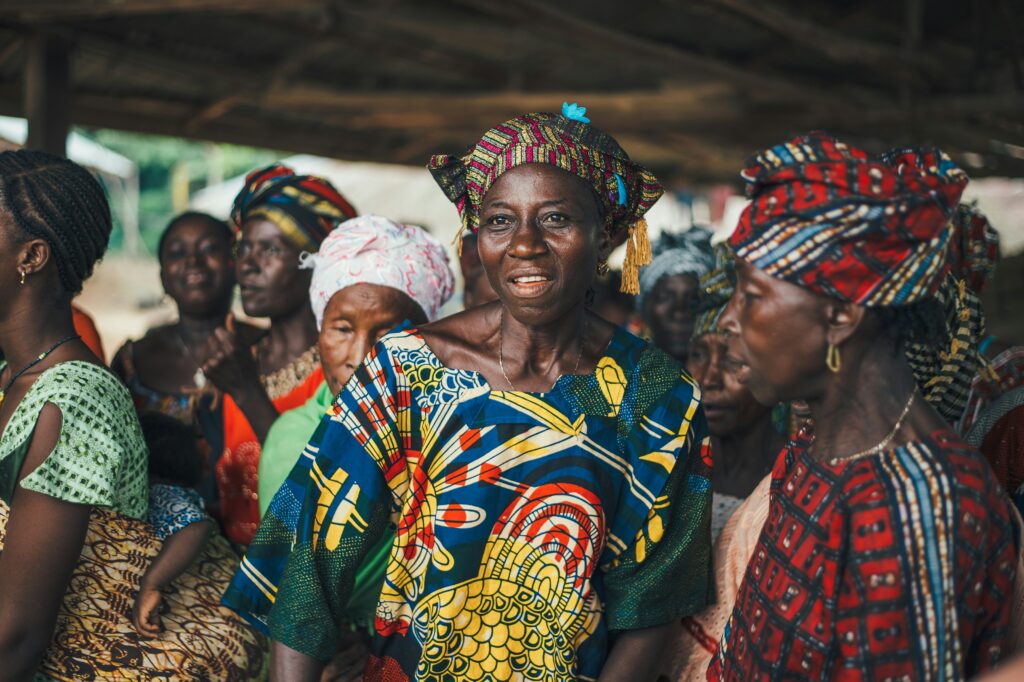Since gaining independence from Britain in 1961, Sierra Leone has faced a series of developmental setbacks ranging from poor governance and economic instability to civil war and the lingering impacts of colonial exploitation. As a proud Sierra Leonean, I am convinced that Pan-Africanism, if embraced fully by our leaders from the start, would have placed Sierra Leone on a much stronger path toward peace, prosperity, and self-reliance.
Pan-Africanism, rooted in the ideals of unity, self-determination, and African solidarity, was championed by African visionaries such as Kwame Nkrumah of Ghana, Julius Nyerere of Tanzania, and Sekou Touré of Guinea. These leaders understood that the artificial borders left by colonial powers had weakened Africa. Nkrumah famously warned, “Africa must unite or perish.” Sadly, Sierra Leone, like many post-independence African nations, did not heed this call.
Economic development
Economic development is one area in which Pan-Africanism clearly could have helped. After independence, Sierra Leone remained highly dependent on foreign aid and the export of raw materials – especially diamonds and bauxite. But without a united African economic strategy, we lacked the bargaining power to resist unfair trade terms imposed by Western countries and multinational corporations. A Pan-African economic bloc would have enabled shared infrastructure, stronger trade networks, and collective control over our resources. We could have industrialized faster and kept more wealth within the continent.
Political stability
Pan-Africanism promotes political stability through shared values and unity. Our country’s tragic 11-year civil war (1991–2002), fueled partly by the illegal diamond trade and weak governance, might have been avoided or mitigated if regional Pan-African institutions had been stronger. A united West African or continental framework focused on good governance, human rights, and conflict prevention could have acted sooner and more effectively than individual efforts or Western intervention.
A shared identity
Pan-Africanism nurtures a shared identity and pride among Africans. Instead of measuring our progress by Western standards or depending on ex-colonial powers, we could have built a development model based on our own cultures, values, and needs. The African Peer Review Mechanism (APRM) and African Union initiatives are steps in this direction, but imagine if they had been adopted in the 1960s. Sierra Leone’s education, health, and justice systems could have been decolonized earlier and made to serve our people better.
Solidarity
Pan-Africanism would have encouraged greater solidarity among African citizens. The marginalization of rural populations, youth unemployment, and ethnic tensions in Sierra Leone often stem from a lack of inclusive national vision. Pan-Africanism teaches us that unity is not just among nations, but within nations. By embracing this ideology, we could have built a more just, inclusive, and forward-looking society.
Conclusion
As Sierra Leone continues to rebuild and redefine its place in the world, the lessons of Pan-Africanism are more relevant than ever. It is not too late to embrace regional integration, invest in African-led solutions, and educate our youth about their shared African identity. Pan-Africanism is not a relic of the past; it is the compass for our future.
United, we will rise. Divided, we will continue to struggle.
By Amina Kamara


